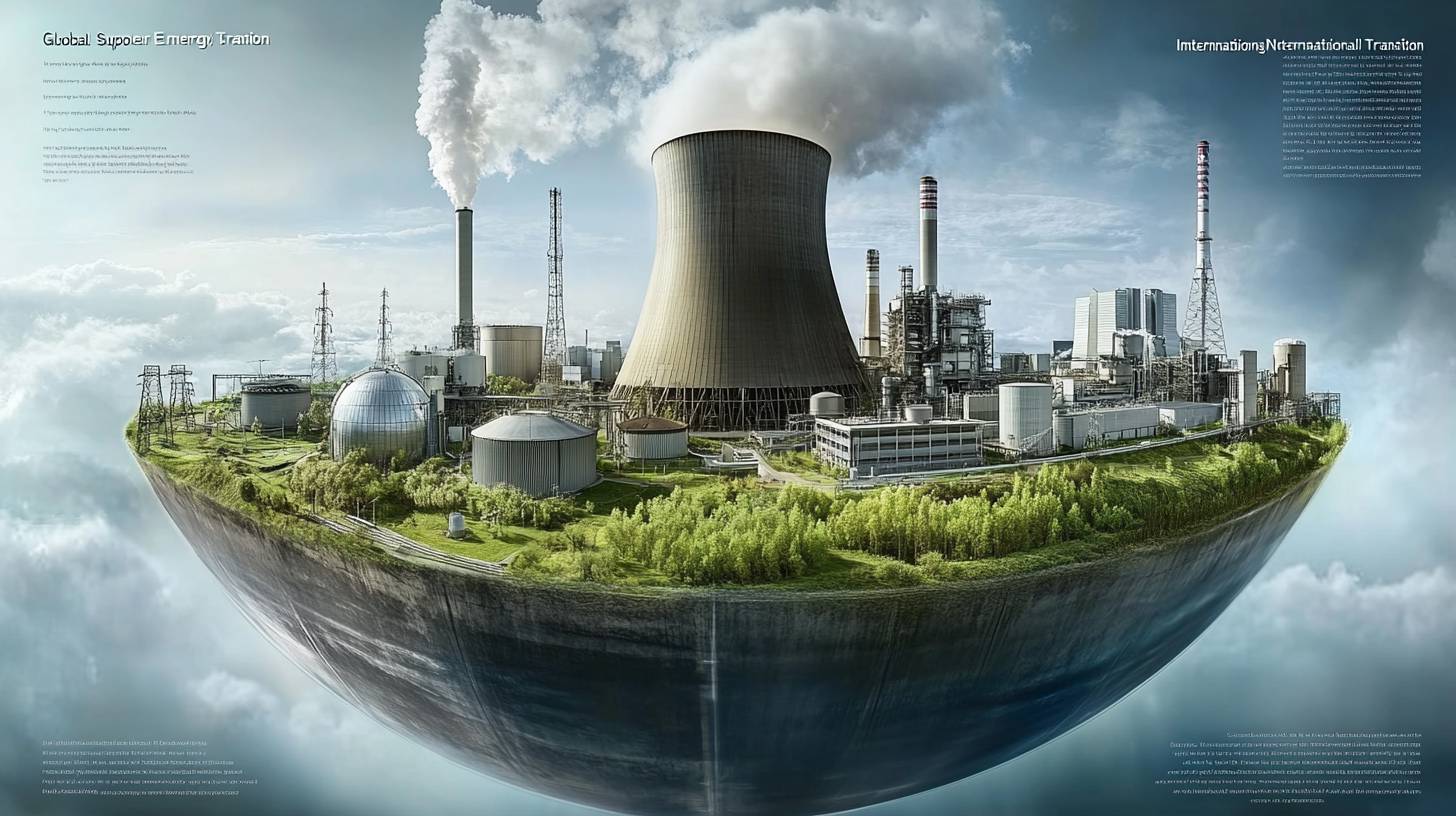
Increasing backing for nuclear energy in Australia
The energy framework in Australia is undergoing a notable transformation as nuclear energy becomes increasingly favored among key stakeholders. In spite of enduring resistance from anti-nuclear advocacy groups, there is a rising support behind nuclear as a feasible answer to the nation’s energy problems. This change is fueled by escalating worries regarding the dependability and scalability of renewable energy sources, especially concerning Australia’s ambitious net-zero goals.
Opponents of clean energy alternatives contend that renewable sources alone are insufficient to satisfy the nation’s future energy requirements, particularly with the gradual closure of coal-fired power plants. The Liberal party, led by Peter Dutton, has been outspoken in its endorsement of nuclear energy, despite concerns regarding the absence of thorough financial modeling in their policy proposals. Nonetheless, discourse around nuclear is gaining visibility, with supporters emphasizing its potential as a steady, low-emission energy solution.
Key industry figures and energy specialists are increasingly pushing for nuclear to take a vital role in Australia’s energy shift. This rising support is evident in calls for a comprehensive reassessment of the country’s energy policy, aiming to incorporate nuclear into the broader energy framework. As the discussion grows more intense, investors are keenly observing unfolding events, particularly regarding the potential for nuclear to secure substantial capital investments and propel long-term growth in the energy market.
Global advocacy for nuclear expansion by 2050
On a global scale, the advocacy for nuclear energy is picking up speed, with international organizations and major industry figures calling for a significant expansion of nuclear capacity by 2050. This aligns with wider initiatives to reduce carbon emissions and achieve rigorous climate objectives. The International Energy Agency (IEA) has been notably assertive, indicating that nuclear energy must increase threefold by mid-century to guarantee a dependable and low-carbon energy supply. This is perceived as vital for balancing the irregularity of renewable sources like wind and solar, which, while crucial, currently fail to deliver the consistent baseload power necessary for industrial and economic stability.
Within the framework of Australia’s energy transition, this international advocacy holds considerable significance. As global markets are progressively favoring low-emission technologies, Australia risks lagging behind if it neglects to incorporate nuclear within its energy strategy. The European Union, the United States, and even certain regions in Asia are boosting their nuclear investments, with numerous countries already pledging to construct new reactors or prolong the operational life of current facilities. This trend is propelled by concerns for the environment and the pressing need for energy security, especially against the backdrop of geopolitical tensions and the instability of fossil fuel markets.
For investors, the consequences are evident. The worldwide shift towards nuclear energy opens up possibilities for Australian firms engaged in uranium extraction, nuclear technology, and allied industries. As the demand for uranium rises, Australian miners could witness considerable benefits, particularly if local policies favor nuclear advancement. Moreover, businesses involved in advanced nuclear technologies, such as small modular reactors (SMRs), are predicted to benefit from augmented international collaboration and investment.
Even though Australia has yet to make a complete commitment to nuclear energy, the burgeoning global consensus regarding its place in the future energy framework is difficult to overlook. Investors ought to closely monitor policy changes, both within the nation and globally, as the narrative surrounding nuclear energy continues to develop. With the appropriate regulatory environment and financial incentives, nuclear could emerge as a pivotal element of Australia’s energy strategy, presenting long-term growth opportunities for those ready to leverage the transition.

